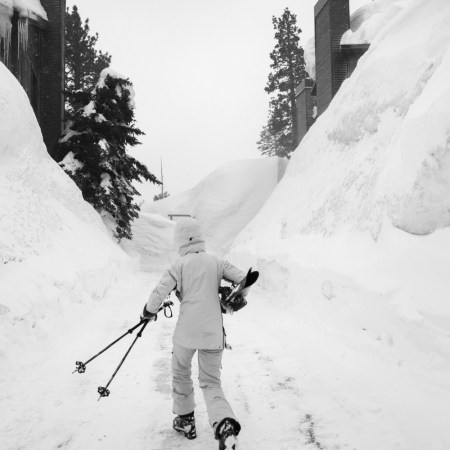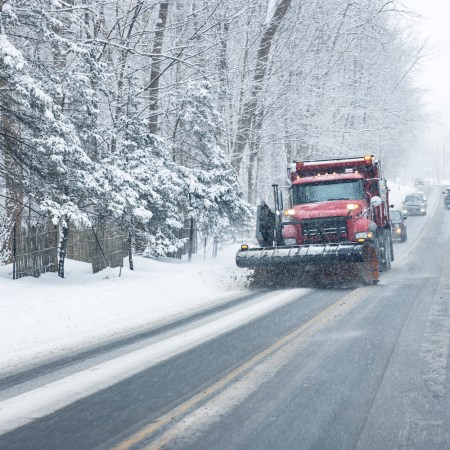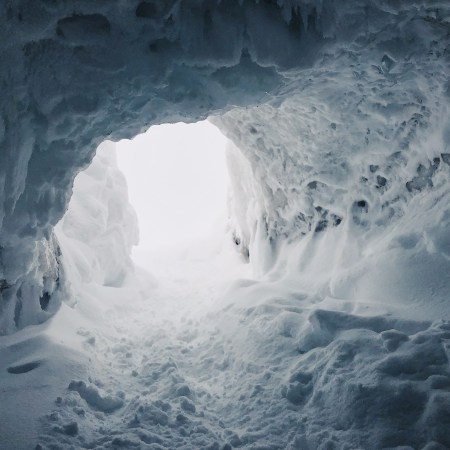There are plenty of reasons to savor being outdoors in winter, but the experience of walking around on a snowy day is especially compelling. It is, as the saying goes, a treat for the senses — and that includes one’s sense of smell. The science behind why snow is an olfactory experience makes for interesting reading, and it relates to a complex interaction between the human body and the landscape around it.
But if you’ve gone outside in the snow in recent years and thought that something smelled a little different than you were expecting, you weren’t imagining things. Instead, climate change is responsible for this alteration — something that’s also the case for countless other things in the world right now.
The Washington Post explored exactly why climate change has had an effect on the way snow smells. The article cites the work of Johan Lundstrom, a professor of neuroscience, who described the smell of snow as being tied to the region where the snow is. What you’re smelling when it snows, Lundstrom said, are essentially the impurities found in the air.
As climate change makes things warmer, that also makes odors more intense. This can be everything from odors that ice and snow have absorbed to more naturalistic smells; in other words, a lot depends on where you are when you’re smelling the nearby snow. It’s another way that climate change and the local landscape can converge in unpredictable ways.
Thanks for reading InsideHook. Sign up for our daily newsletter and be in the know.


















